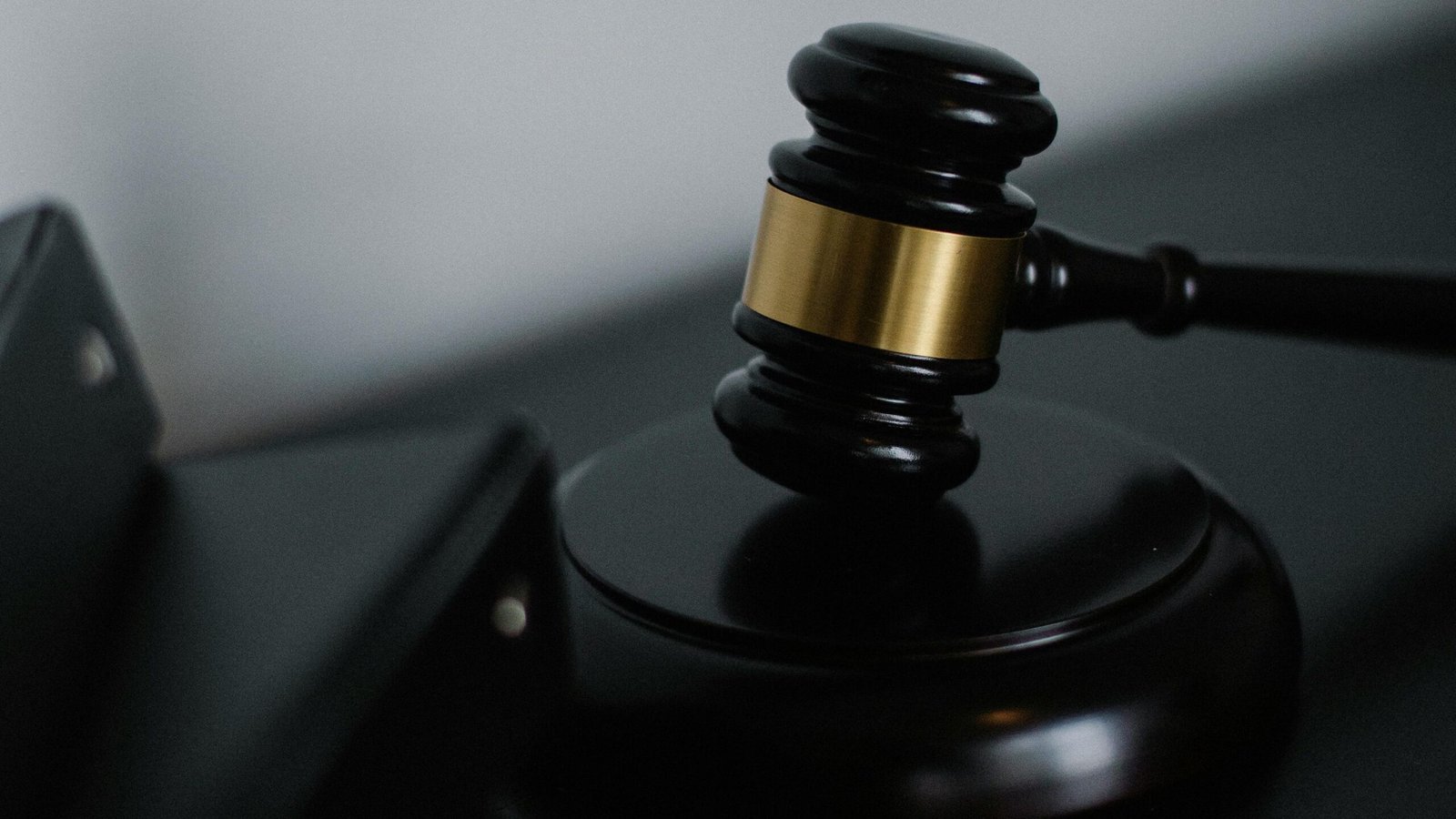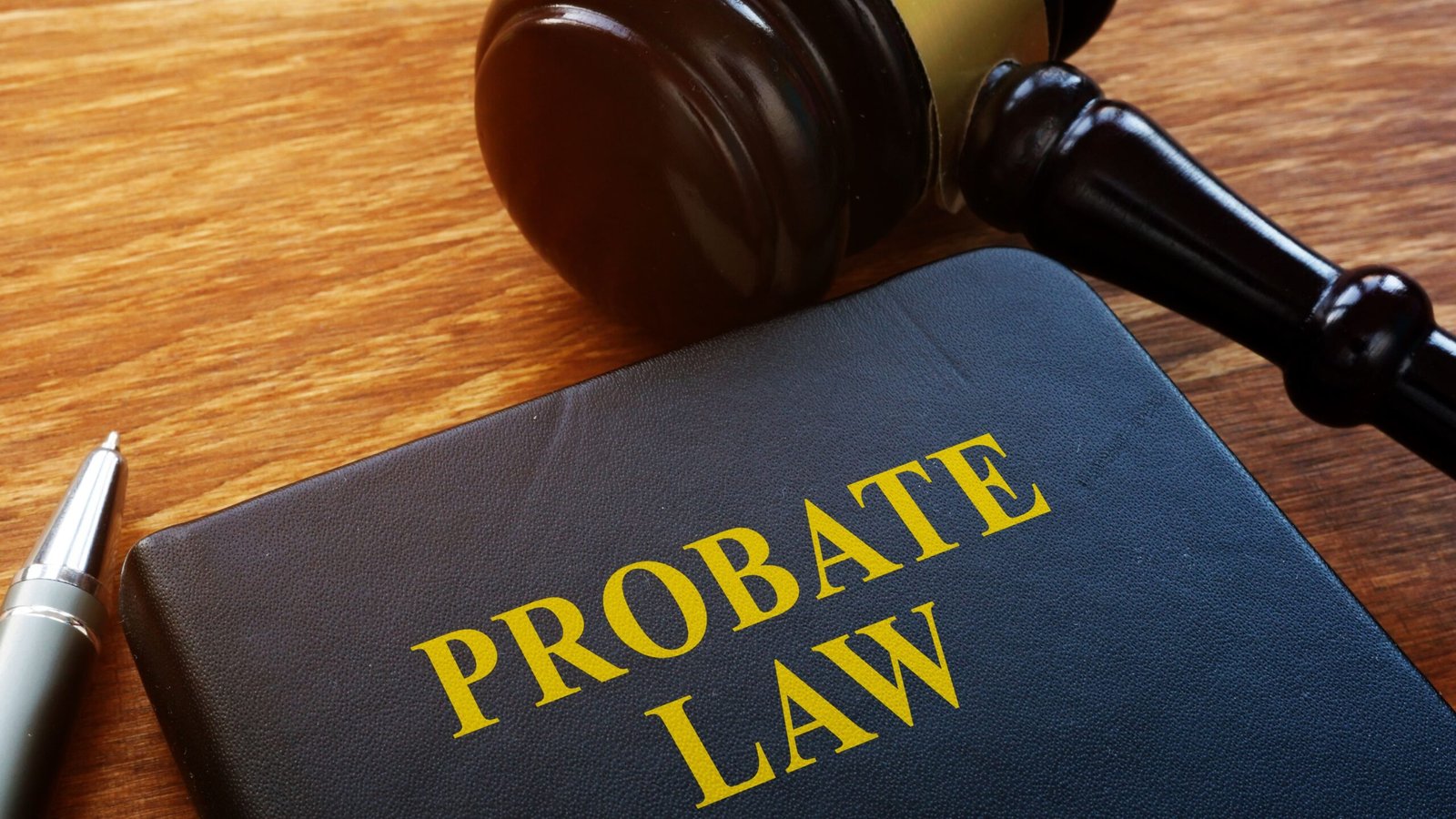On this page you will read detailed information about Miranda Rights.
When you find yourself in handcuffs, facing arrest, it’s crucial to understand your legal rights. The Miranda warning, a cornerstone of American criminal procedure, serves as a shield against self-incrimination and ensures your constitutional protections. You’ve likely heard the familiar phrase “You have the right to remain silent” on television, but do you truly comprehend the significance of these words? In this article, we’ll delve into the origins, purpose, and practical application of Miranda rights. By the end, you’ll have a clear understanding of what to expect if you’re ever arrested and how to protect yourself within the bounds of the law.
What are Miranda Rights?
Miranda Rights are a set of constitutional protections that law enforcement must inform suspects of before conducting custodial interrogations. These rights stem from the landmark 1966 U.S. Supreme Court case Miranda v. Arizona, which established safeguards against self-incrimination during police questioning.
Key Components of Miranda Rights
The core Miranda Rights that must be communicated include:
- The right to remain silent
- The warning that anything said can be used against you in court
- The right to have an attorney present during questioning
- The right to have a court-appointed attorney if you cannot afford one
These warnings aim to protect your Fifth Amendment right against self-incrimination and ensure you understand your legal rights before speaking to police.
When Miranda Rights Apply
Miranda Rights must be read when two conditions are met:
- You are in police custody (deprived of freedom of action)
- You are about to be interrogated
It’s important to note that Miranda Rights don’t apply to all police interactions. For example, they aren’t required for routine traffic stops or voluntary conversations with police.
Importance of Miranda Rights
Understanding your Miranda Rights is crucial if you’re ever arrested. Exercising these rights by remaining silent and requesting an attorney can help protect you from making self-incriminating statements. If police fail to read you your rights before a custodial interrogation, any statements you make may be deemed inadmissible in court.
When Do Miranda Rights Apply?
Miranda rights, a crucial aspect of criminal procedure, come into play under specific circumstances during an arrest or interrogation. Understanding when these rights apply is essential for both law enforcement and individuals involved in criminal investigations.
Custodial Interrogation
Miranda rights apply when a suspect is in custody and subject to interrogation. This means the individual’s freedom of movement is restricted to the extent of a formal arrest, and they are being questioned in a way designed to elicit incriminating responses. It’s important to note that routine booking questions do not typically trigger Miranda rights.
Exceptions and Limitations
There are exceptions to when Miranda rights must be read. For instance, during a traffic stop or field sobriety test before an arrest, Miranda warnings are not required. Additionally, the public safety exception allows for unwarned statements to be admissible if there’s a clear and present danger to public safety.
Consequences of Violation
If law enforcement fails to read Miranda rights when required, any incriminating statements made by the suspect may be inadmissible in court. However, spontaneous statements made without questioning can still be used as evidence. It’s crucial for individuals to understand their right to remain silent and request an attorney, regardless of whether Miranda rights have been read.
The 5 Key Components of Miranda Rights
Miranda rights are a crucial set of protections for individuals in police custody. Understanding these rights is essential for anyone who may find themselves in a law enforcement encounter. Here are the five key components of Miranda rights that you should be aware of:
Right to Remain Silent
The first and perhaps most well-known component of Miranda rights is the right to remain silent. This fundamental protection allows you to refrain from answering questions or making statements that could potentially incriminate you. It’s important to remember that you can exercise this right at any time during an interaction with law enforcement.
Right to an Attorney
You have the right to consult with an attorney and have them present during questioning. This component ensures that you have access to legal counsel to protect your interests. If you cannot afford an attorney, one will be appointed for you.
Warning About Self-Incrimination
Law enforcement must inform you that anything you say can and will be used against you in a court of law. This warning serves as a reminder of the potential consequences of making statements during questioning.
Right to Appointed Counsel
If you cannot afford to hire an attorney, you have the right to have one appointed to represent you. This ensures that everyone, regardless of financial means, has access to legal representation.
Right to Terminate Questioning
You have the right to end the interrogation at any time by invoking your Miranda rights. This means you can choose to stop answering questions and request an attorney, even if you initially agreed to speak with law enforcement.
Understanding these five key components of Miranda rights is crucial for protecting your constitutional rights during interactions with law enforcement. Always remember that you have the power to exercise these rights at any point during questioning.
In the previous post, we had shared information about Understanding Your Legal Rights in the American Workplace, so read that post also.
What Happens if Police Fail to Read You Your Miranda Rights?
Legal Implications of Miranda Rights Violations
If law enforcement fails to read you your Miranda rights before a custodial interrogation, it can have significant consequences for your case. According to legal experts, any statements or confessions obtained during such an interrogation may be deemed inadmissible in court. This can substantially weaken the prosecution’s case and, in some instances, even lead to the dismissal of charges.
Protecting Your Rights
If you believe your Miranda rights were violated during an arrest or questioning, it’s crucial to take immediate action:
- Remain silent and do not volunteer any information.
- Contact an experienced criminal defense attorney as soon as possible.
- Document the details of your interaction with law enforcement.
A skilled lawyer can review the circumstances of your case and determine if the failure to issue Miranda rights can result in the exclusion of incriminating evidence or statements.
Important Considerations
It’s essential to understand that Miranda rights only apply in specific situations. They are not required for all police interactions, such as:
- Traffic stops
- Street encounters
- Execution of search warrants
Additionally, failing to read Miranda rights does not automatically lead to case dismissal. The primary remedy is typically the exclusion of statements made during custodial interrogation after the violation occurred.
Asserting Your Miranda Rights During an Arrest
Invoking Your Right to Remain Silent
When faced with an arrest, it’s crucial to understand how to properly assert your Miranda rights. According to legal experts, to invoke your right to remain silent, you must clearly and unequivocally state that you are exercising this right. Simply staying quiet may not be enough. A clear statement such as “I am invoking my right to remain silent” leaves no room for ambiguity.
Requesting an Attorney
Similarly, to invoke your right to counsel, you must explicitly state that you want to speak to an attorney. The Supreme Court has ruled that police questioning must cease once a suspect requests legal representation. It’s advisable to use a direct phrase like “I want to speak with an attorney before answering any questions” to ensure your rights are protected.
After Invoking Your Rights
Once you’ve asserted your Miranda rights, it’s important to remain calm and avoid further conversation with law enforcement. Legal experts recommend contacting an attorney as soon as possible after invoking your rights. Remember, anything you say can still be used against you, so maintaining silence is crucial. By understanding and properly asserting your Miranda rights, you can better protect yourself during an arrest and subsequent questioning.
Conclusion
As you’ve learned, Miranda rights play a crucial role in protecting your constitutional freedoms during an arrest. By understanding these rights, you empower yourself to navigate interactions with law enforcement responsibly. Remember that invoking your right to remain silent and requesting an attorney are powerful tools at your disposal. While the complexities of Miranda rights can be nuanced, grasping the fundamentals outlined here provides a solid foundation. Should you ever find yourself in a situation where Miranda rights come into play, this knowledge will serve you well. Stay informed, know your rights, and approach any encounter with law enforcement calmly and confidently.
Disclaimer
The information and services on this website are not intended to and shall not be used as legal advice. You should consult a Legal Professional for any legal or solicited advice. While we have good faith and our own independent research to every information listed on the website and do our best to ensure that the data provided is accurate. However, we do not guarantee the information provided is accurate and make no representation or warranty of any kind, express or implied, regarding the accuracy, adequacy, validity, reliability, availability, or completeness of any information on the Site. UNDER NO CIRCUMSTANCES SHALL WE HAVE ANY LIABILITY TO YOU FOR ANY LOSS OR DAMAGE OF ANY KIND INCURRED AS A RESULT OR RELIANCE ON ANY INFORMATION PROVIDED ON THE SITE. YOUR USE OF THE SITE AND YOUR RELIANCE ON ANY INFORMATION ON THE SITE IS SOLELY AT YOUR OWN RISK. Comments on this website are the sole responsibility of their writers so the accuracy, completeness, veracity, honesty, factuality and politeness of comments are not guaranteed.
So friends, today we talked about Miranda Rights, hope you liked our post.
If you liked the information about Miranda Rights, then definitely share this article with your friends.








